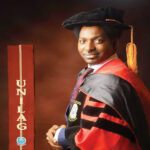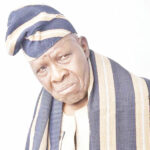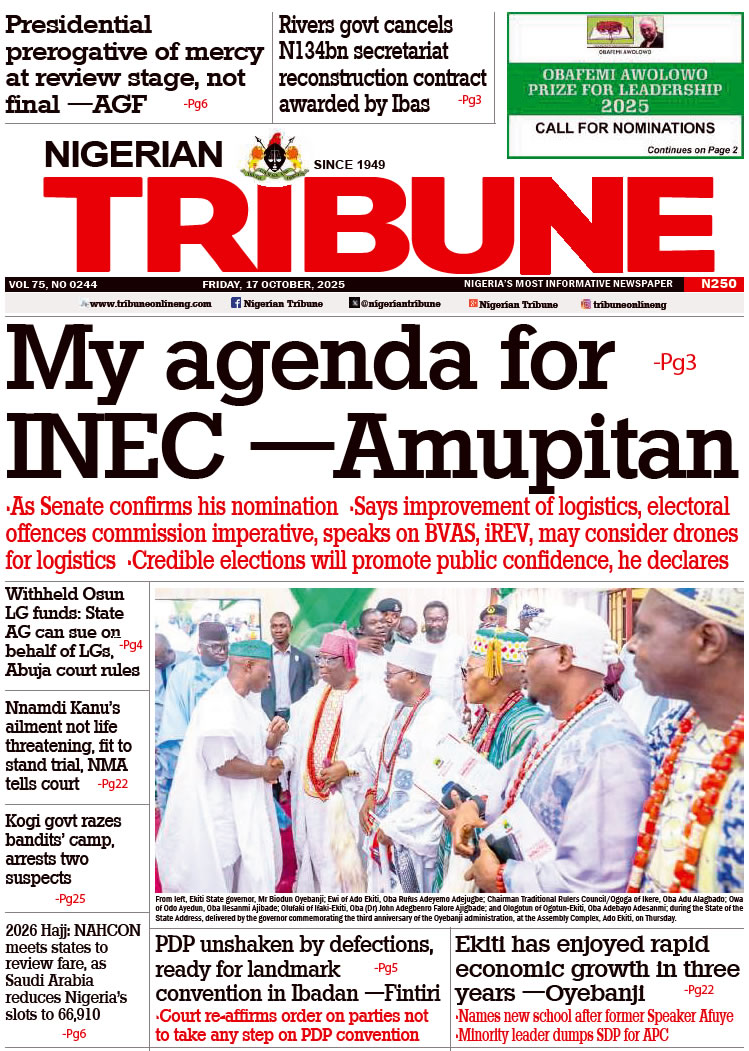Nollywood actress and National President of the Association of Movie Producers (AMP), Ambassador Dr Queen Blessing Ebigieson is set to host hundreds of widows and aged women under the auspices of her Non-Governmental Organisation, Queen Blessing Foundation (QBF), at this year’s Valentine.
According to Ebigieson the annual centres on celebrating widows across the country. She noted that this year’s celebration will be held at her country home, Okpella, Afemai land in Edo State.
The 16th edition of the foundation is aimed at providing succour, and support to widows. The movie producer also noted that the platform also focused on educating young girls to be more responsible and independent.
Speaking about this year’s edition, the Black Queen as she is popularly called by fans said, “The Queen Blessing Foundation is here to stay and will continue to show affection and genuine love to the vulnerable widows and aged women across the country yearly. This is despite the challenges of running such an initiative annually,” she added.
WATCH TOP VIDEOS FROM NIGERIAN TRIBUNE TV
- Relationship Hangout: Public vs Private Proposals – Which Truly Wins in Love?
- “No” Is a Complete Sentence: Why You Should Stop Feeling Guilty
- Relationship Hangout: Friendship Talk 2025 – How to Be a Good Friend & Big Questions on Friendship
- Police Overpower Armed Robbers in Ibadan After Fierce Struggle






